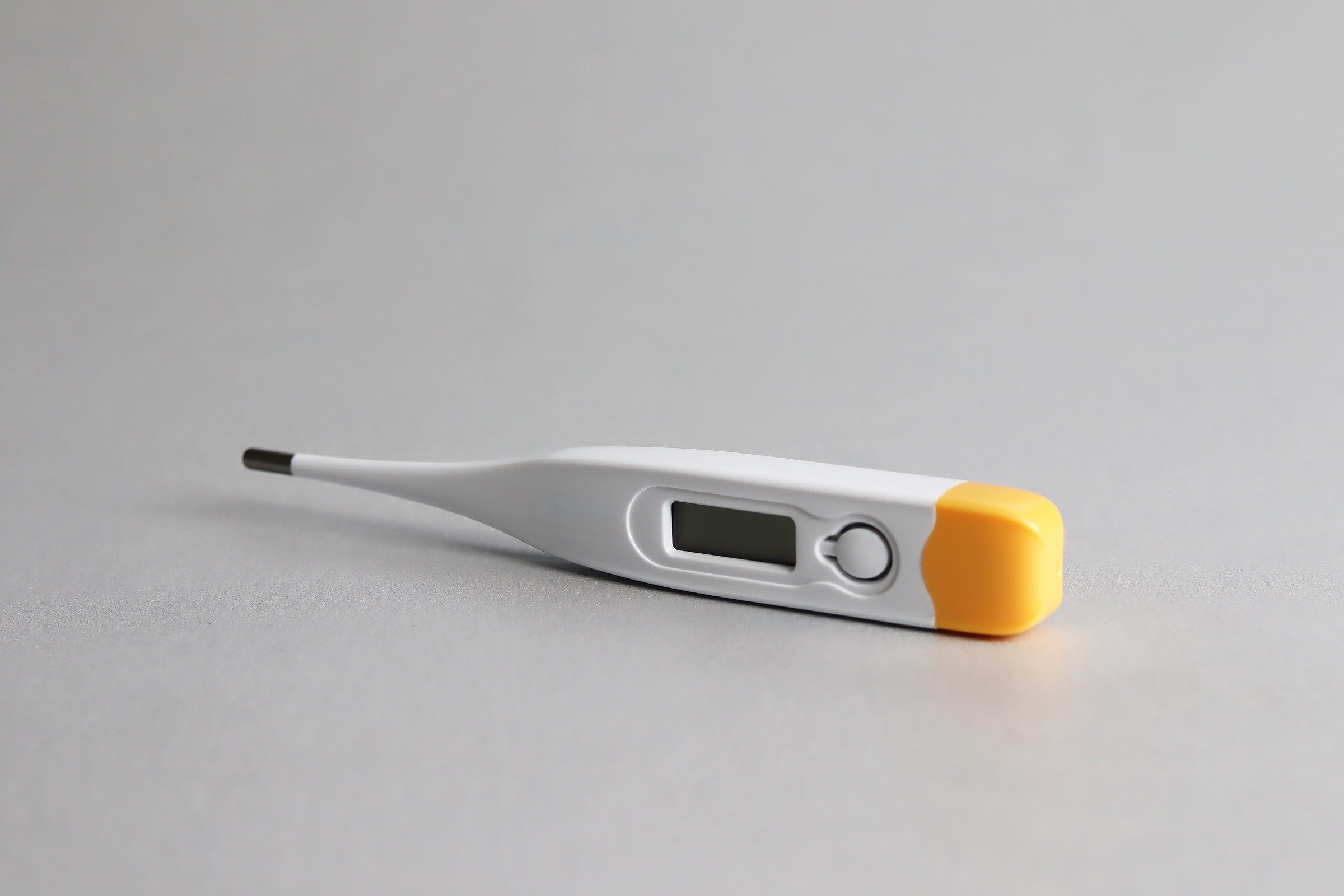At least you have your health. This phrase, usually offering perspective to someone facing adversity or mentioning some grievance, is much more than a cliché remark. A health issue can make other life issues seem small. Our health is vitally important to length and quality of life. The good news is that we can be active participants in our health through daily choices and by monitoring our vital signs. The human body’s four main vital signs — body temperature, pulse rate, respiration rate, and blood pressure — are measurements of essential bodily functions. Vital sign measurements provide critical information about our state of health, both in the immediate term, such as during a medical emergency, and in the long term, as an indicator of chronic disease/condition. Stanford University hospital shares, “for each measurement, the ranges that are considered normal will vary depending on your age and sex, whether you have any medical problems, and how physically fit you are.”
Body temperature will vary between individuals and factors, but the normal range is between 98 – 99 degrees Fahrenheit (F), with the typical average being 98.6 degrees F for a healthy adult. Factors affecting body temperature can include hydration, food intake, recent activity, gender, and in women, the stage of the menstrual cycle.” Body temperature can be measured with a thermometer orally (under the tongue), rectally, axillary (underarm), or by ear or skin. Each method will vary slightly by up to 1 deg F. A fever is an abnormally high body temperature and is usually defined as greater than 100.4 deg F. If body temperature exceeds 103 deg F, you should consult your doctor. Like an early warning signal or check engine light, the body naturally responds to an infection or illness by raising its temperature. Prolonged exposure to high ambient temperature (hot day, sauna) can also increase body temperature to a dangerous level. Conversely, an abnormally low body temperature, hypothermia, is defined as that below 95 deg F. Hypothermia is caused by prolonged exposure to freezing temperatures and should be treated with immediate medical attention.
Body temperature, a critical vital sign, is an essential indicator of a person’s state of health. Keep a functioning thermometer at home so when you’re not feeling well you can measure your body temperature. A slight fever should not be cause for alarm, and medicines can help. Follow your doctor’s advice and read labels on all medications. When it comes to your health, if you have any doubts, consult a medical professional. Here’s to your health!





